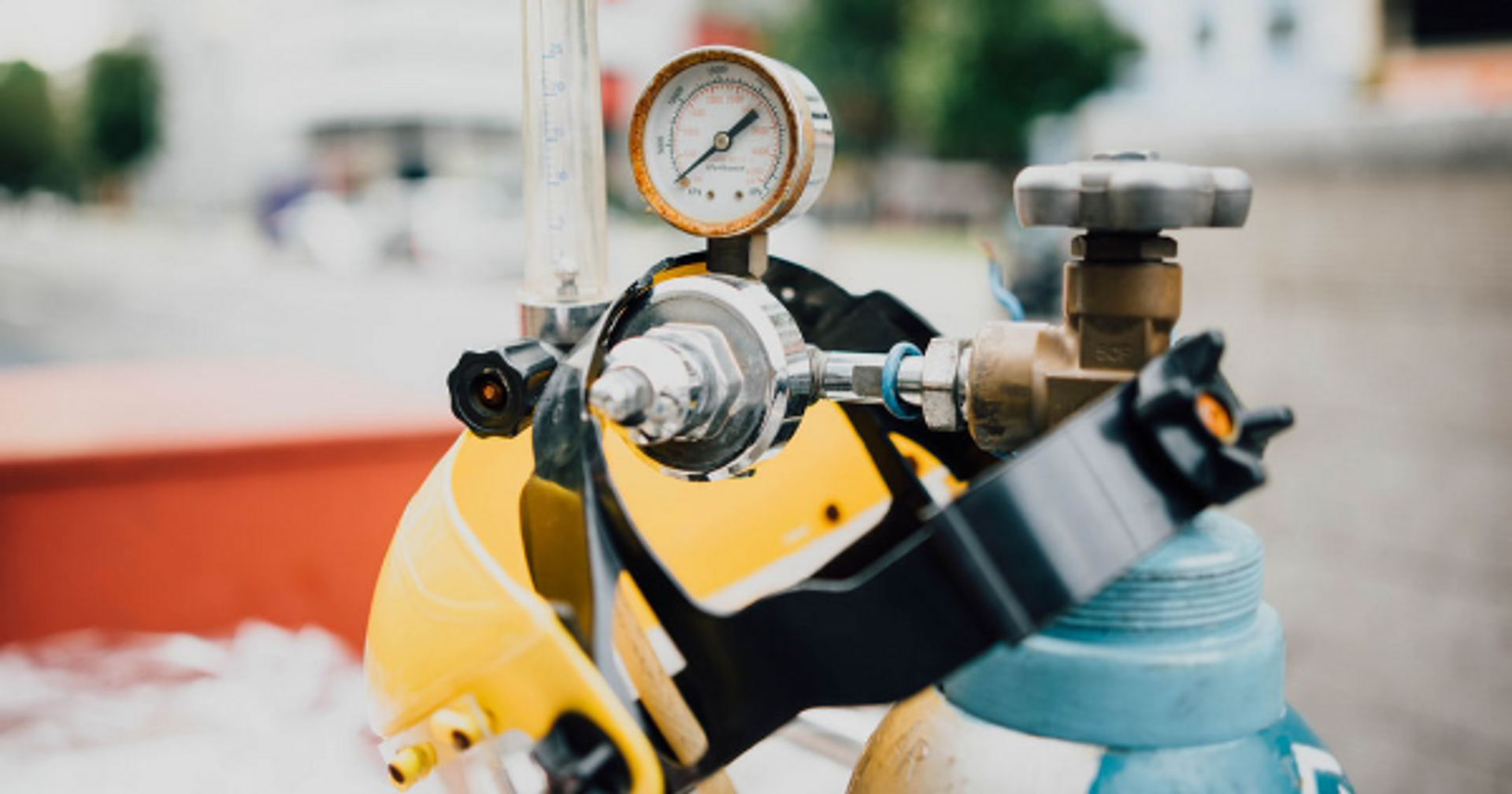4 Expert Tips for Handling Specialty Gases Equipment
Modern-day industries and high-tech laboratories demand specialty gases with high purity levels and accuracy. Depending on the size and type, specialty gases cost anything between $100 and $3000.
Gases are delicate and will need proper handling for safety. Although suppliers will sell to you compact cylinders and regulators, regular replacements are necessary. Read on to learn the best handling practices of specialty gas equipment.
Regular Cleaning
Cleaning is among the most basic yet crucial part of appropriate handling procedures. The earth’s atmosphere is full of contaminants that can distract the flow of gas. Whenever calibration gas cylinders are changed, these unwanted material sneak into the gas system.
If these materials are left in these gas systems, the quality of your gas is compromised. The materials will also disrupt the effectiveness and accuracy of calibration gases.
It is, therefore, important to conduct regular and thorough cleaning to remove all contaminants. Use a purging machine to flush out all foreign components in the system. The interchange of these cylinders should be done within the shortest time possible to avoid corrupting the integrity of custom calibration gas standards.
Physical Appearance and Design
Although looks can be deceiving, you will be forced to defy this principle this time round. When it comes to gas handling equipment, there is a direct relationship between physical appearance and performance.
Stay away from second-hand specialty gas regulators and other equipment since they are likely to be faulty. Although they will have a low initial cost, they will not serve you in the long-run because accidents are likely to occur.
Take note of the physical design because it will also affect the compatibility of the cylinder and other components of the gas system. Specialty gas regulators are a great concern due to compatibility issues. Regulators come in different forms, so do the product and the cylinders containing them.
Have you noticed instances of corrosion in your regulator? The corrosion may be down to the material used to make the equipment. Whenever the products interact with non-compatible equipment, massive destruction may occur.
Additionally, low-quality equipment can adversely affect the rating of your specialty gas. When corrosion occurs, unwanted elements find their way into the system, which affects typical gas calibration standards.
Use high purity gas equipment that does not react with the product. However, do not be blind-folded by the issues of compatibility and ignore the critical aspect of quality. If anything, gas handling equipment should be of unmatched quality.
Schedule Replacements
While there is no debate about the quality of specialty gas handling equipment, replacing them regularly is vital. Each component of your gas system has a limited period in which it can be used. Anything beyond the recommended timeframe is risky.
The essence of scheduling the replacements is because some of the equipment will not display any abnormalities until it is too late. The replacements should be done early enough to ensure optimal performance and to reduce the risk of accidents.
Besides the scheduled replacements, basic specialty gas handling procedures must be followed strictly. Gas regulators specifically need special care if they are to serve you as expected.
Have Handling Equipment for Each Gas Type
Specialty gases come in different forms. Each of these gas forms and types will need a unique set of handling equipment. Regulators and cylinders used for one gas should not be used for another.
Each calibration gas should be assigned to a specific set of equipment. Any mix up in the handling procedure is likely to corrupt the integrity of your gas, lowering its purity rating.
Where possible, use disposable calibration gases that meet environmental gas standards. This approach will win you more customers due to you environmental awareness approach.
Final Word
Specialty gas handling equipment has unique safety procedures. To maintain the right grade of calibration gases, the equipment used must meet the set quality standards. Proper handling of these gases reduces the risk of contamination and false analytical test results. For more information on specialty gases, contact us today.

